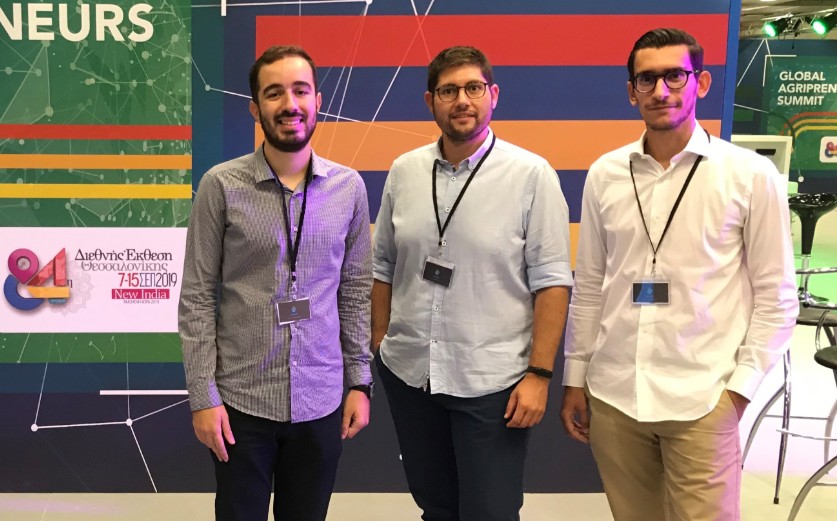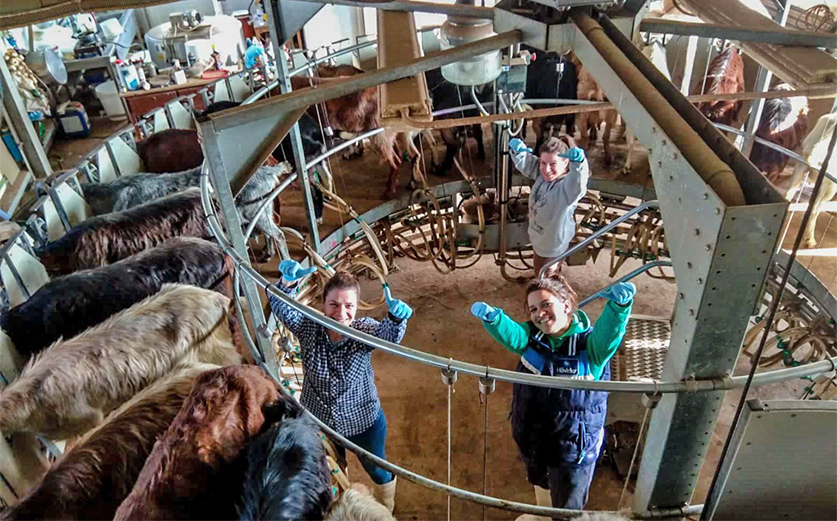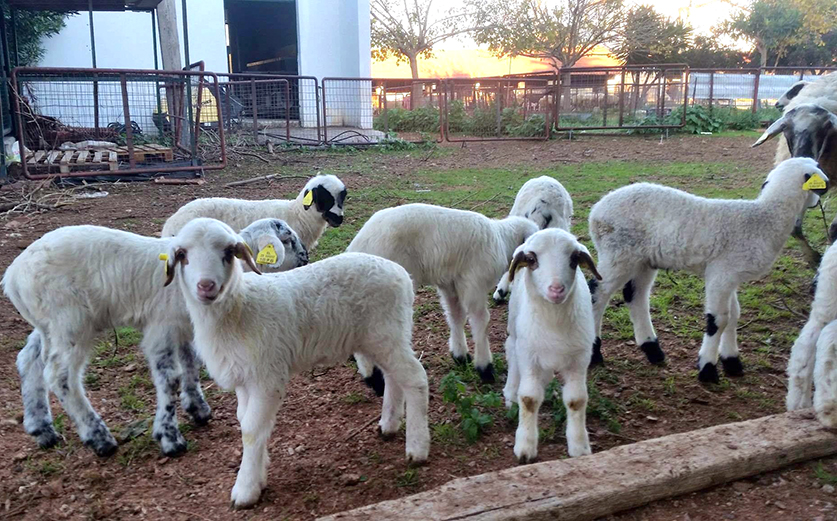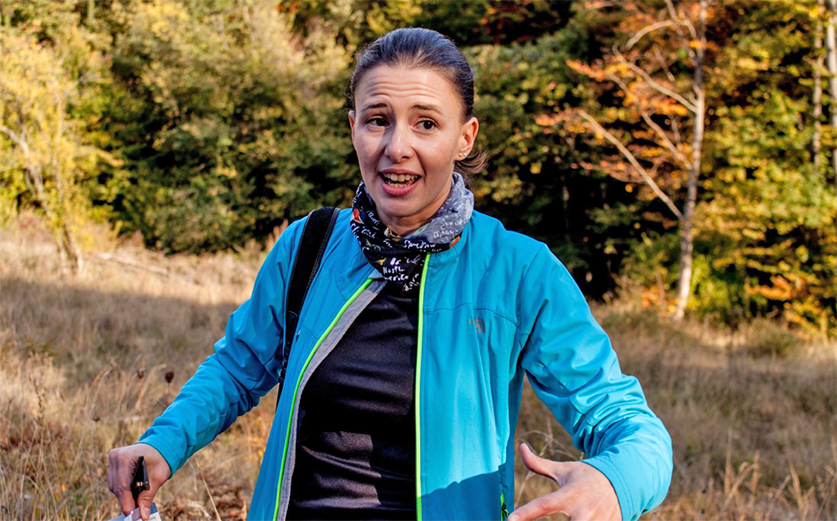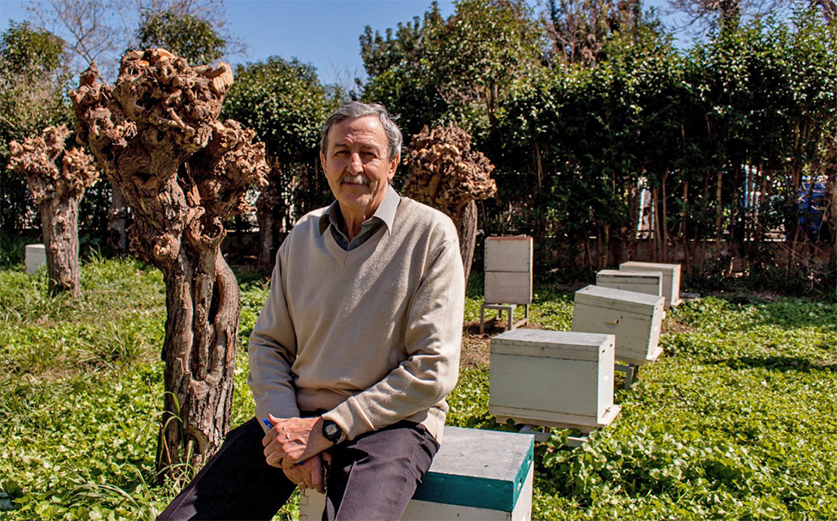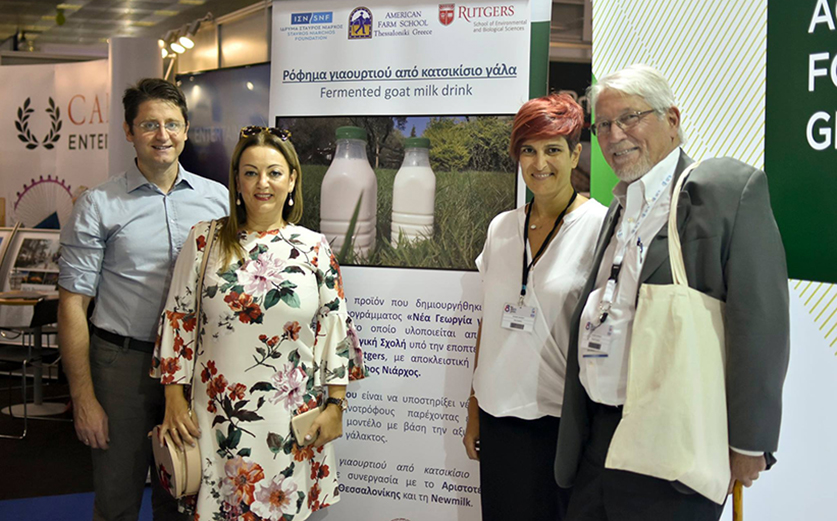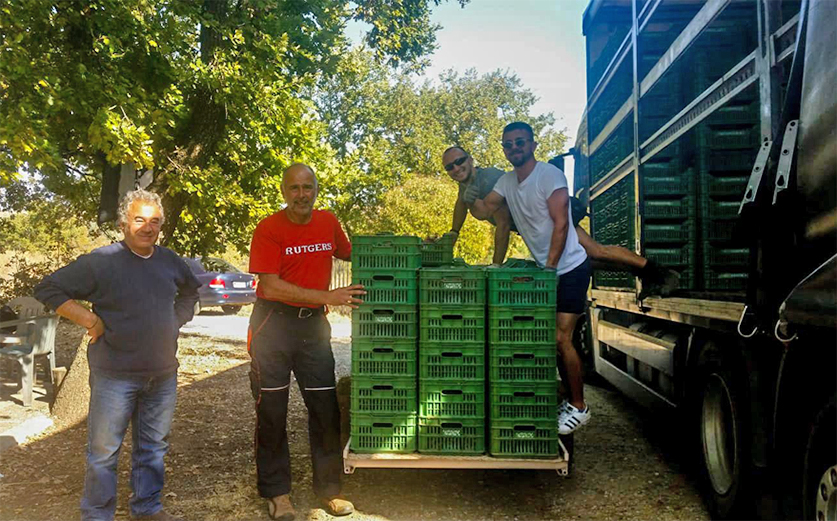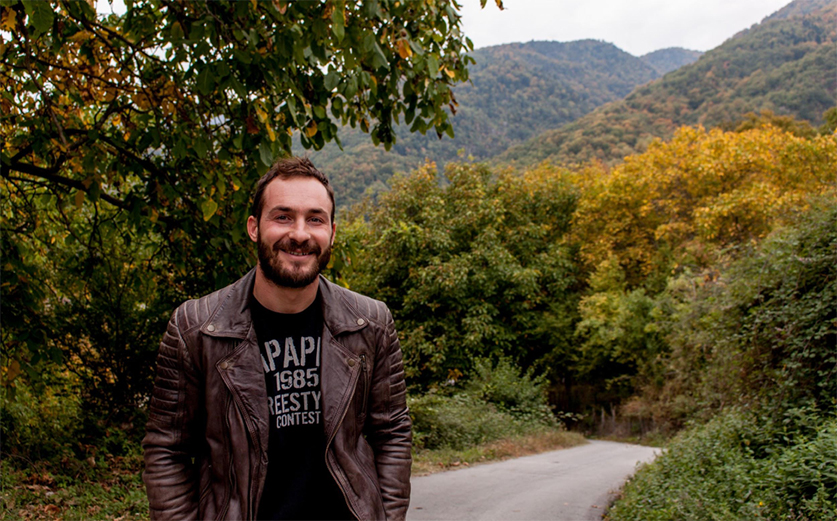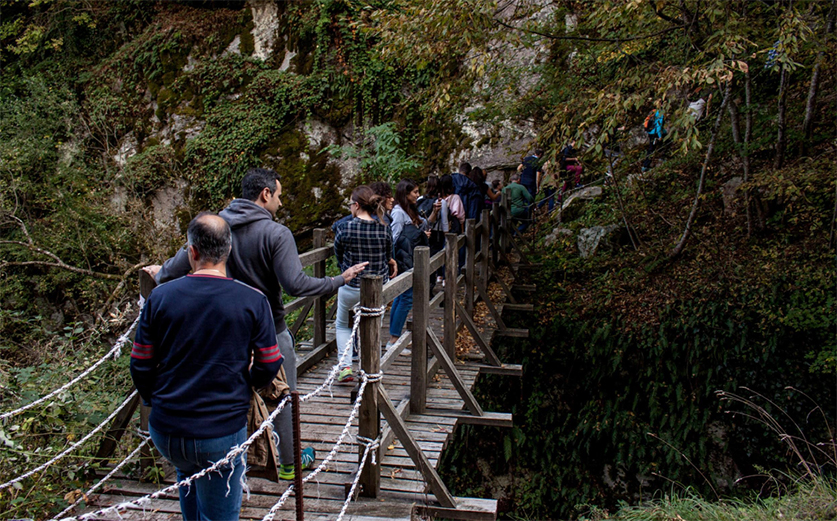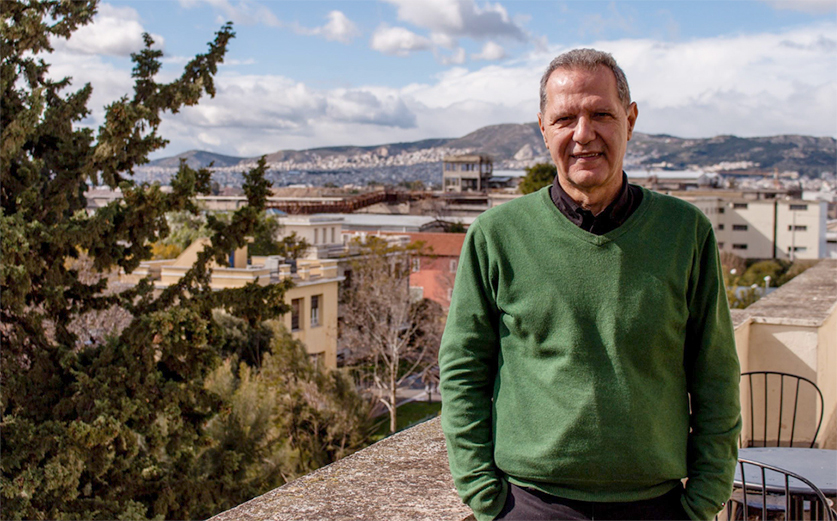Lucas Basios and Lucas Gravias have many things in common, apart from the same name. Most importantly, they share the same passion to provide the best irrigation product to farmers and at the same time be able to protect protecting the environment by reducing the waste of water. Along with the third member of the team, agriculturist Aris Panagiotopoulos, they have created “Chloe Irrigation Systems” and they were awarded with the 2nd place in the final of the TROPHY-ΤΡΟΦΗ Challenge competition, held in July at the Benaki Museum.
Being classmates and friends, back in 2017 all three of them began creating a platform that will optimize the irrigation process and provide remote control to users. “My grandfather is a farmer and so one day he told me to go and water the fields at two o’ clock in the morning, as this was the best time for watering according to him. And I thought, well, there should be an easier way!” says Lucas Gravias, CEO of CHLOE and a mechanical engineer who specializes in data science and more specifically in the field of artificial intelligence. “So, we thought we could design an algorithm that would train each user separately and consider parameters such as the variety of the field, the terrain and the weather to make the right decisions for the right irrigation plan. “, adds Lucas Basios, the company’s CPO and software engineer.
Using state-of-the-art technology and artificial intelligence (A.I,), they have been able to create a ‘smart’ system that makes it easier for the farmer to find the best watering solutions for his field, while also reducing water consumption by helping significantly global problem of depletion of the aquifer. Practically, that means placing special sensors on each field, that collect all the data needed to achieve the correct irrigation plan. “We try to make it easier for the farmer and simplify the process so that at the end, all he needs to do is look at the recommended irrigation plan on the screen of his phone or tablet and just click ‘Yes’ if he agrees and if he doesn’t, he can remotely make the changes he needs” says Lucas Basios.

Chloe Irrigation Systems team participated in the bootcamps of TROPHY-ΤΡΟΦΗ CHALLENGE and was among the 10 finalists who competed in front of the judges in the final stage. There, they presented their innovative product to the jury and won the 2nd place in the Agritech category, which they shared with the FIBRO-I team. “It was very interesting to me that the mentors during the bootcamps had a great experience of the Greek market, which provided us with meaningful feedback and tips on how to reach specific target groups to promote our product,” says Lucas. Gravias.
For Lucas Basios, in addition to the cash prize they won in the competition, a very important prize was their participation in both the Future Agro Challenge (FAC) that took place during the Global Entrepreneurship Conference (GEC) and the 84th Thessaloniki International Fair (TIF). “Our participation in the GEC and the TIF was a unique experience. We got to know many startups, we came in direct contact with people from the agri-food sector and we managed to make the connections we want to promote our product. For example, just from TIF, we met many farmers who were interested in our product and so we were able to build a potential customer list. Without the TROPHY-ΤΡΟΦΗ CHALLENGE I don’t think we would have been given this opportunity! ”
The three of them aim to launch their product by May 2020 and be able to gradually make Chloe Irrigation Systems known not only in Greece but also in Europe, America and countries such as Israel and the United Arab Emirates, where appears to be a big water shortage problem. As Lucas Gravias says, “We may not understand it that much in Greece, but the problem of water shortage is increasingly affecting our planet. With Chloe’s product, we hope to contribute to protecting the environment and ultimately reducing costs for farmers and facilitating their production.”
